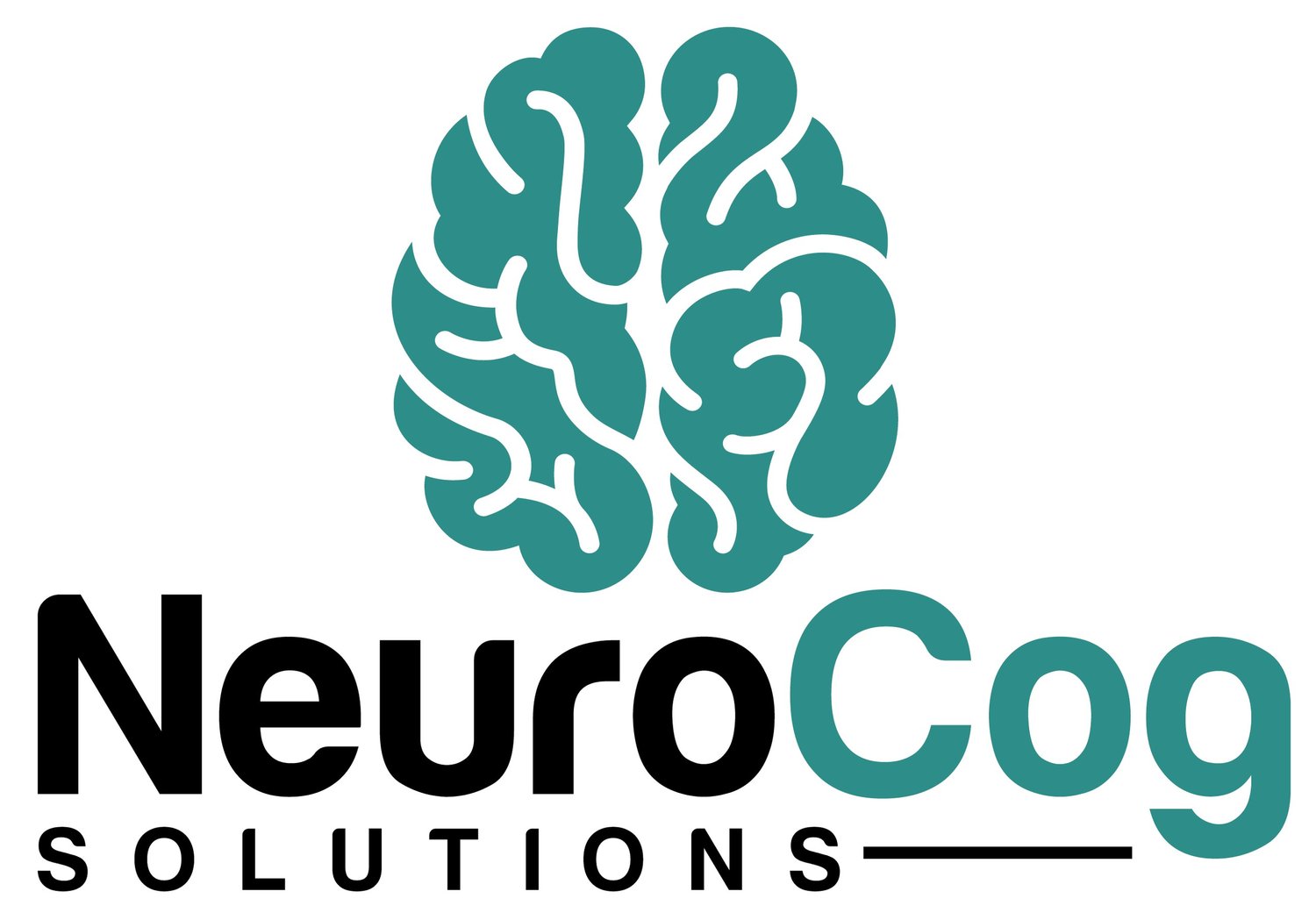Caregiving Support: Determining what level of care is needed for your loved one
How do you know what level of care is needed?
As you read through the Caregiver Support Blog, you will begin to understand that there are levels of care. An Emergency Contact System can be used early in the disease process for peace of mind in case of an emergency. An Adult Day Program can be used for social stimulation or to give the caregiver a break a few days a week. A Home Health Aide can be scheduled for 4, 8, 12 or 24 hours a day to assist with personal care needs. Higher levels of care are provided by Assisted Living Facilities and Skilled Nursing Facilities.
Remaining independent in one’s private home is a goal for some people, but not for others. Some individuals are very social and they might be much better off at an Assisted Living Facility, instead of isolated at home with occasional check in visits from family, or just a home health aide to keep them company. Ask yourself the following questions:
Are physical needs being met at home?
Are emotional and social needs being met?
Is safety being maintained in the home?
Isolation can have a negative impact on cognition. Some individuals need constant supervision, and no one person is able to provide this 24 hours a day. Dementia can cause disruptive changes in behaviors which can be difficult to manage as well. Caregiver burnout takes a toll on your health as well as the health of the person with cognitive and/or physical decline.
Ultimately, a family may decide that they can no longer care for their loved one on their own if the person has become incontinent of bladder or bowel functions.
At NeuroCog Solutions, we aim to help family members understand their options and plan for the future. We can guide you through the process of determining what level of care is needed and review what questions to ask when you tour Assisted Living or Skilled Nursing Facilities.
Take a look at our Caregiving Support Blog to learn more about these options, as well as the associated costs of long-term care. Please reach out to us if you need support through this process. Medicare covers counseling sessions with licensed clinical social workers who will provide support and guidance during this journey.
